This post contains affiliate links. If you purchase something through them, I may earn a small commission at no extra cost to you. Thank you for supporting my work.
One of the biggest challenges in writing is figuring out where the useful information is. Actually, this happens in all fields, but in writing, it can be particularly overwhelming at the beginning of your career, looking for a specific method or tip in such a vast market or on such a saturated internet. I devoured everything I found about writing, character development, or even writing an action scene. That is why I decided to share with you the books that helped me the most through my writing journey and guided me in times of doubt.
On Writing tells us memories of Stephen King’s writing experience. Not only does King reveal some details about his passion and writing routine, but also some childhood adventures. I found On Writing very useful when I started taking writing seriously. However, you should note that Stephen King has a productive pace far above most of us mortals, so we shouldn’t feel guilty or self-conscious about not being that close to his level. For this very reason, Take it with a grain of salt. It’s King’s perspective on writing, not the law. It is also available in Portuguese.
Stealing Fire From the Gods: The Complete Guide to Story for Writers and Filmmakers is for those who like a perspective on meaning, archetypes, and writing psychology. It unlocks interwoven concepts of the power of the mind and the art of storytelling in such a way that it makes the translation of thoughts and emotions into words much simpler.
It contains analyzes about the structure of the narrative, the hero’s journey, and what makes certain stories and films passionate, giving examples and specifying illustrations from the subconscious’s point of view.
Story is like the writing bible for me. It’s a book for screenwriters, but the rest can only gain from these techniques and exercises.
Rober McKee has a complete academic writing book I have ever read, focusing on each of the narrative’s fundamental aspects, from character creation and development to the scenic structure. What is even more useful is illustrating examples and or common mistakes through classics of cinema and literature. It’s one of those books that I keep close and get back to when I run into writing issues.
I feel like comedy is often overlooked in the literature (and also in cinema, go figure). I’m super picky when it comes to comedy. It’s a writing dimension that I felt like I must work on, so I decided to add this book to the collection. Although I have always loved writing comic texts, the truth is that, in my head, comedy has an independent and super chaotic thought process. These are the texts that I find most difficult to plan, as the funny components are all over the place. Thus, Writing Comedy helped organize thoughts and punch-lines and aided me to explore the metaphysics of comedy and apply it to crucial points in writing and career. Of course, the book is aimed at potential comedians, but don’t let that compromise you.
The Well-fed Writer is excellent in terms of organization and productivity in writing. It also addresses difficult topics such as freelancing and gives new writers the confidence to jump headlong into this universe of self-employment. It may be a little outdated, especially with the pandemic, with everybody working from home. Still, it helps new writers solve some difficulties.
Basically, anyone in 2021 who doesn’t know what copywriting is, needs this book desperately.
The Adweek Copywriting Handbook breaks down the writing process, analyzing ads and other situations on a more serious note. It may not seem essential to someone not interested in marketing and may appear bored by looking like a textbook. However, the writing process in the background is the same for all areas that use it, so the way to improve is the same: writing!
The Creative Screenwriter is more focused on cinema with a panoply of exercises for when the ominous writer’s block strikes. It’s a lifesaver when you want to keep those creative juices moving (this sounded terribly disgusting). It has hundreds of exercises that help you change your perspective, develop characters, analyze scenarios, etc.
Very useful to follow the maxim “Show, don’t say.” You can find emotions arranged alphabetically and for each, physical reactions that illustrate it. I discovered The Emotion Thesaurus when I noticed my characters were yelling at each other when angry. It helped me explore and find different reactions to express a certain emotion. For example, “anger,” there is “clench your fists, etc.
These are the main books that had a great impact on my path. They still do because I still get back to them when needed. I don’t mean these are the only ones that I’ve read, but they’re my top recommendations for now. And what about you? What books those books you can’t live without?
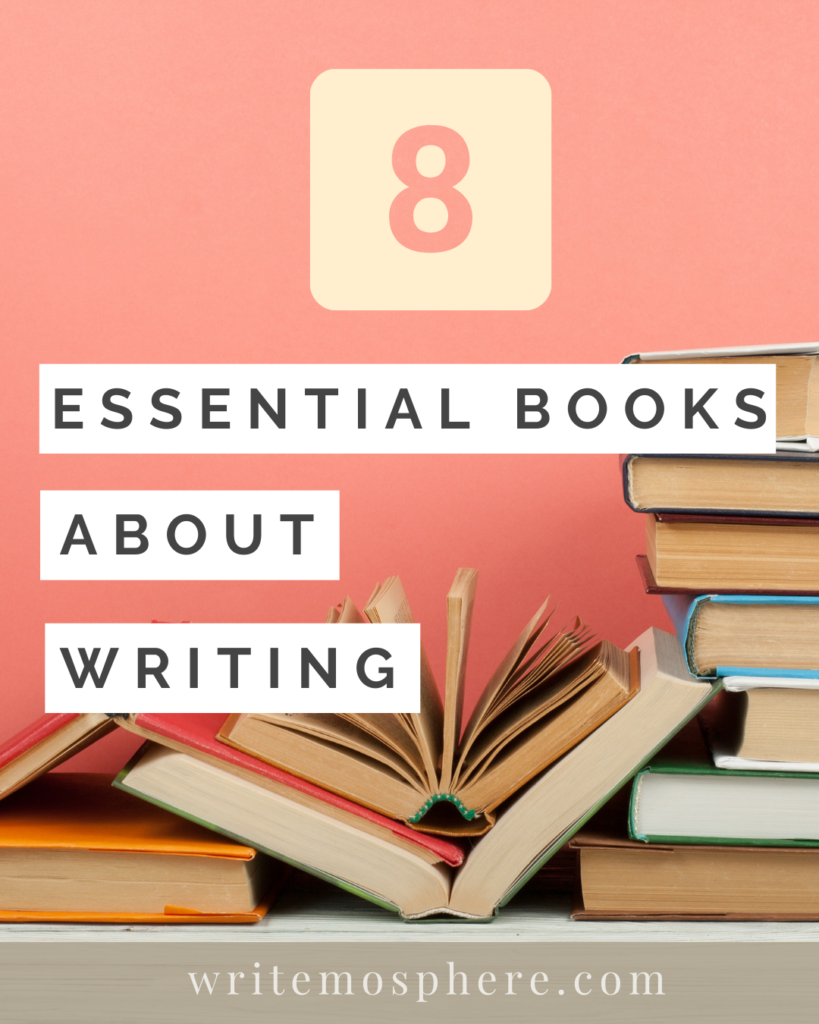


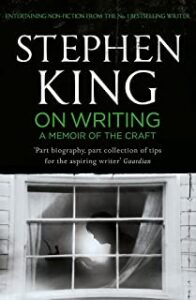
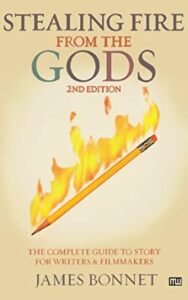
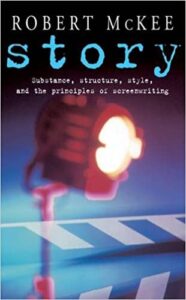
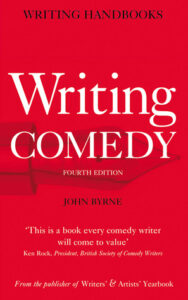
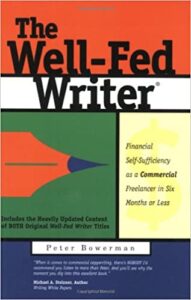
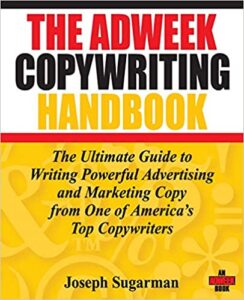
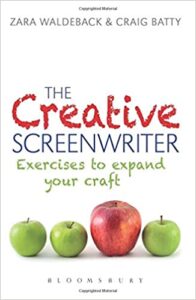
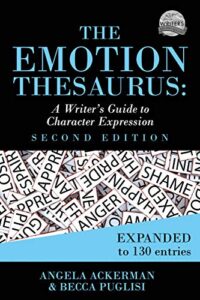




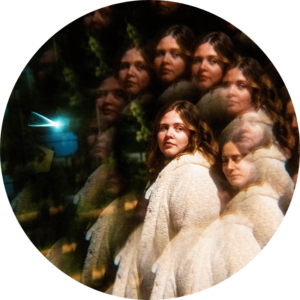
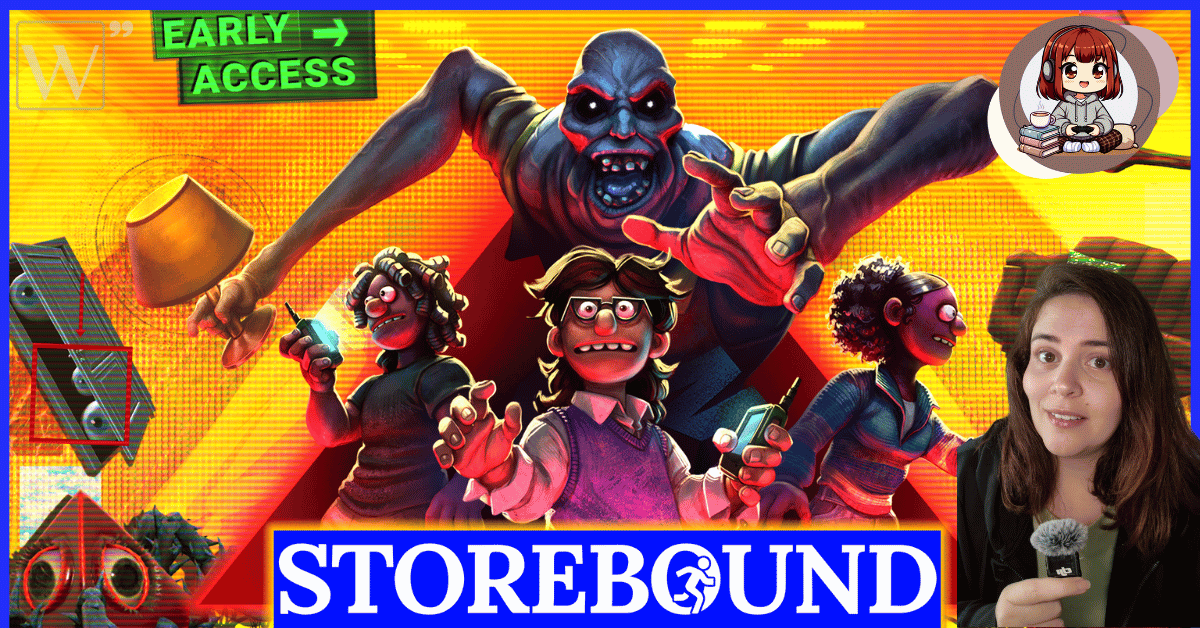

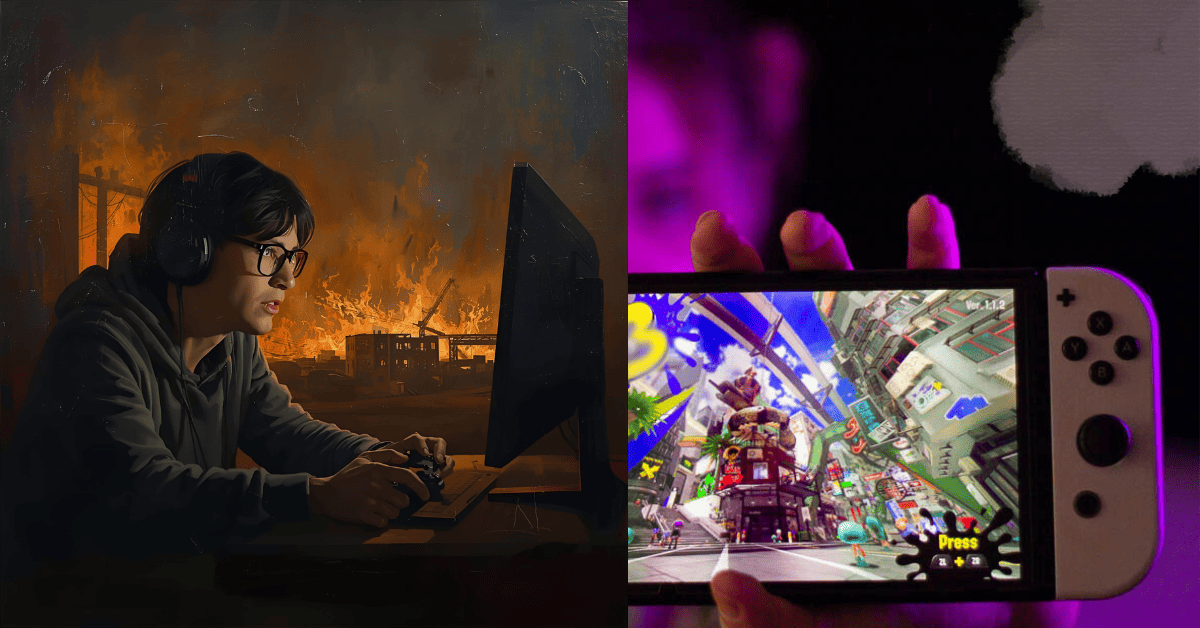
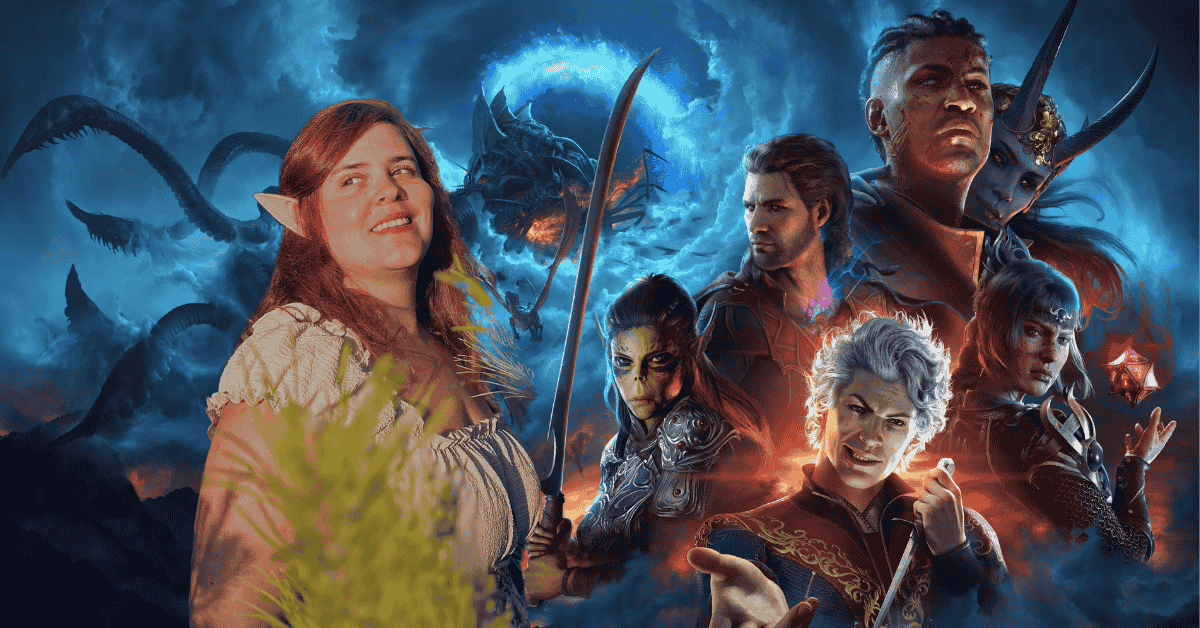
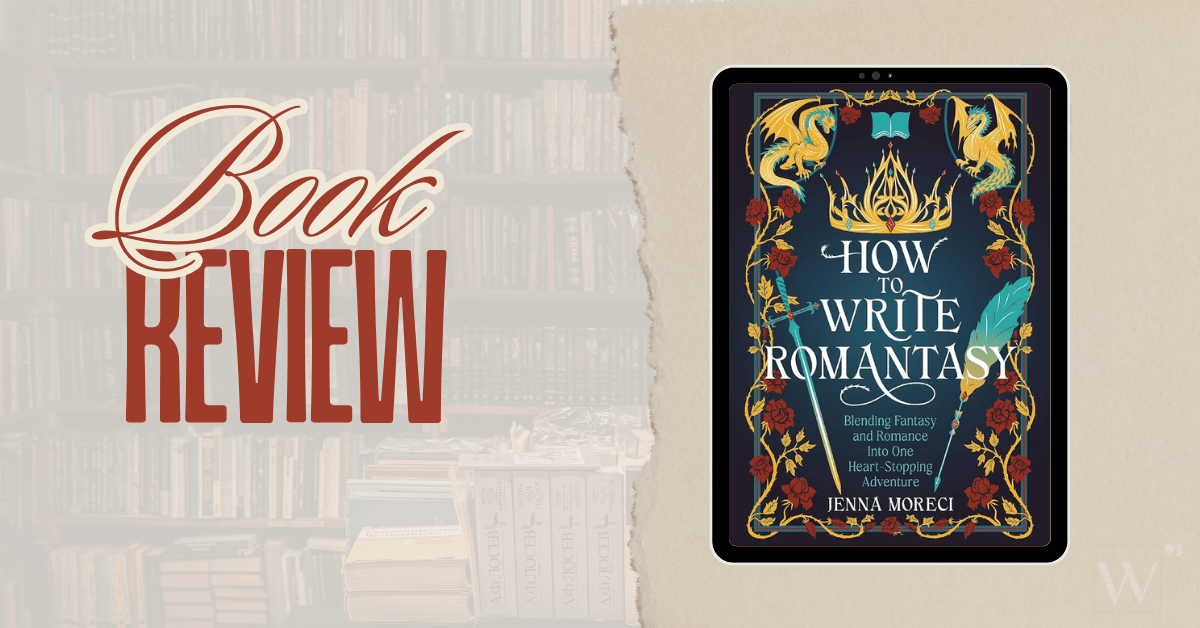

4 Responses
Hello Marti! Thanks for these recommendations. The “Writing Comedy” book looks like an interesting one, I would have never thought to try it based on the title. Certainly overlooked! There’s one I read a few years ago that I thought was helpful but I can’t remember the title at the moment. If I can find it I’ll post back to let you know!
Chaz! 😀
Yeah, I only realized how cool “Writing Comedy” was after buying it. It’s a good book, with a poor marketing strategy xD
Ohh, I’m curious about that book! I’m thinking about writing another post like this since I’ve read more useful productivity books in the meantime 😀
Thanks for stopping by!
OK I found it! The book is called “On Writing Well” by William Zinsser. I really need to read it again to reinforce some concepts.
Will be on the lookout for any future posts. Thank you!
Never read it! I will probably include it in my next book haul 😂